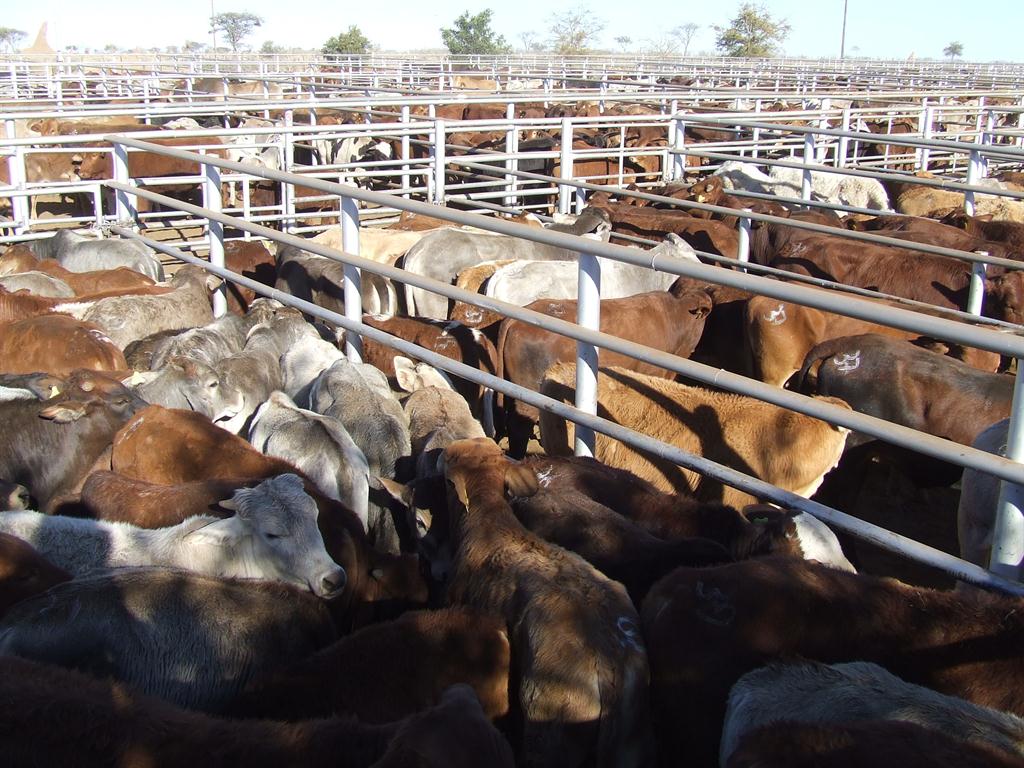Neckartal set for 2017
The agriculture minister John Mutorwa, said that the construction of the multi-billion-dollar Neckartal Dam will be completed next year and will alleviate water shortages in especially in southern Namibia.
Mutorwa, who was speaking at the third ordinary meeting of the Orange-Senqu River Commission (Orasecom) Forum of parties, made these remarks when he was speaking about the drought that Namibia as well as other SADC countries is facing.
He said that Namibia like many other countries in the region have been hard hit by drought and the agricultural sector, especially the livestock and communal agricultural sector, have been the hardest hit by the phenomenon.
According to him the Neckartal Dam, which will be the largest dam in Namibia, will alleviate water shortages particularly in the southern Namibia in terms of water consumption, agricultural and irrigation use. The dam will hold 880 million cubic metres of water and will eventually be connected by means of a pipeline, to the Hardap, Oanob and Von Bach dams.
He further stressed the importance of the Orange-Senqu River Basin.
This basin extends over four countries, Botswana, Lesotho, Namibia, and South Africa, and covers an area of 1 000 000 km².
According to Mutorwa the basin represents the best of what the region has in terms of supporting the livelihoods of people and providing ecosystem services.
He said that within the basin, there exists many natural resources, ranging from water, land soils and wildlife as well as minerals.
“These define our economic activities which include agriculture, forestry, mining, manufacturing and tourism.”
According to Mutorwa the Orange-Senqu Basin is a vital resource that holds the potential for cooperation in areas of environmental governance, cultural and heritage preservation and economic development.
He said that the United Nations underscores that nurturing the opportunities for cooperation in water management among stakeholders and improving the comprehension of the challenges and benefits of water cooperation can help build mutual respect, understanding and trust among countries and promote peace, security and sustainable economic growth.
Mutorwa said that the forum has come at a time when human activity, climate change and variability has brought drastic changes on the basin''s state which also impacts on socio-economic development.
He said that strategies are therefore needed to sustain and protect the water resources of the basin so that they can continue meeting the current needs of people and future generations.
ELLANIE SMIT
Mutorwa, who was speaking at the third ordinary meeting of the Orange-Senqu River Commission (Orasecom) Forum of parties, made these remarks when he was speaking about the drought that Namibia as well as other SADC countries is facing.
He said that Namibia like many other countries in the region have been hard hit by drought and the agricultural sector, especially the livestock and communal agricultural sector, have been the hardest hit by the phenomenon.
According to him the Neckartal Dam, which will be the largest dam in Namibia, will alleviate water shortages particularly in the southern Namibia in terms of water consumption, agricultural and irrigation use. The dam will hold 880 million cubic metres of water and will eventually be connected by means of a pipeline, to the Hardap, Oanob and Von Bach dams.
He further stressed the importance of the Orange-Senqu River Basin.
This basin extends over four countries, Botswana, Lesotho, Namibia, and South Africa, and covers an area of 1 000 000 km².
According to Mutorwa the basin represents the best of what the region has in terms of supporting the livelihoods of people and providing ecosystem services.
He said that within the basin, there exists many natural resources, ranging from water, land soils and wildlife as well as minerals.
“These define our economic activities which include agriculture, forestry, mining, manufacturing and tourism.”
According to Mutorwa the Orange-Senqu Basin is a vital resource that holds the potential for cooperation in areas of environmental governance, cultural and heritage preservation and economic development.
He said that the United Nations underscores that nurturing the opportunities for cooperation in water management among stakeholders and improving the comprehension of the challenges and benefits of water cooperation can help build mutual respect, understanding and trust among countries and promote peace, security and sustainable economic growth.
Mutorwa said that the forum has come at a time when human activity, climate change and variability has brought drastic changes on the basin''s state which also impacts on socio-economic development.
He said that strategies are therefore needed to sustain and protect the water resources of the basin so that they can continue meeting the current needs of people and future generations.
ELLANIE SMIT





Comments
Namibian Sun
No comments have been left on this article